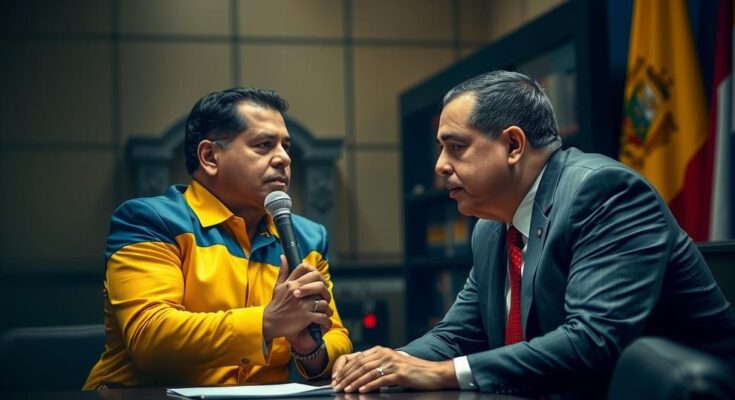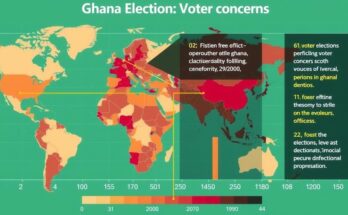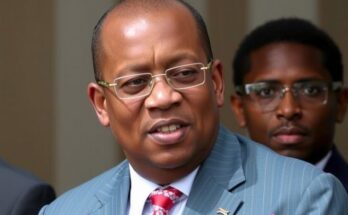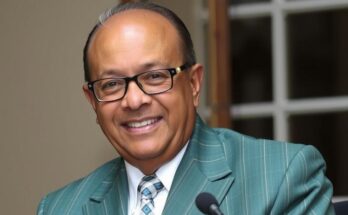Venezuelan opposition leader Maria Corina Machado appealed to Colombian President Gustavo Petro to recognize her faction’s electoral victory in the disputed July election. Speaking to the Colombian Senate, she urged decisive action in light of the repression in Venezuela, asserting that her coalition’s data showed a clear win over Maduro. This call comes amid increasing international pressure on Maduro’s regime and concerns over its impact on peace efforts in Colombia.
In a recent address to the Colombian Senate, Venezuelan opposition leader Maria Corina Machado called upon Colombia’s President Gustavo Petro to decisively acknowledge her faction’s declared victory in Venezuela’s contentious July presidential election. Speaking from an undisclosed location, Machado underscored the urgency for Colombia to act, stating, “Silence is no longer an option in the face of what is happening in Venezuela.” She emphasized that the transition in Venezuela’s leadership entails the involvement of the Colombian government and expressed readiness for constructive negotiations that respect the popular sovereignty demonstrated by Venezuelans during the elections. Machado, who has remained out of public sight for nearly two months due to concerns for her safety, cited significant discrepancies in the official election results released by the ruling party, which declared President Nicolás Maduro the winner without providing detailed data, claiming their website had been hacked. The opposition coalition, headed by Machado, contested this by providing vote tally sheets from more than 80% of voting machines, demonstrating that opposition candidate Edmundo González won overwhelmingly. Furthermore, Machado urged the Colombian senators to be the advocates of the Venezuelan populace amidst ongoing governmental repression, which has reportedly included the detainment and alleged torture of minors post-election. She pointed out the implications of Maduro’s continued presidency, asserting that under his leadership, Colombia’s peace initiatives might falter due to Venezuela’s role as a sanctuary for Colombian guerrilla groups. Amidst the backdrop of attempts at political mediation by leftist leaders in the region following the election, Maduro’s grip on power appears to have strengthened, with reconfigured cabinet positions and numerous arrests of political adversaries. In light of these developments, Machado’s appeal to Colombian leaders represents a crucial attempt to galvanize support for democratic processes and peace efforts in both nations.
The current political climate in Venezuela is marked by instability following a disputed presidential election wherein the ruling party declared Nicolás Maduro the winner. International scrutiny has intensified, particularly regarding the treatment of opposition figures like Maria Corina Machado, who has become a prominent face in the fight against Maduro’s regime. Meanwhile, Colombia, under the leadership of President Gustavo Petro, seeks to navigate its own peace processes amid challenges posed by armed groups operating from Venezuelan territory. The request from Machado underscores the interconnectedness of Venezuelan and Colombian politics, particularly concerning peace and security in the region.
In conclusion, Maria Corina Machado’s call for President Gustavo Petro to recognize her faction’s election victory highlights the continuing political turmoil in Venezuela and the precarious balance of power in Latin America. With support from Colombia deemed crucial for a transition in Venezuela, Machado’s appeal not only seeks recognition of electoral legitimacy but also reflects on broader implications for peace in Colombia, emphasizing the spillover effects of Venezuelan politics on regional stability.
Original Source: apnews.com




